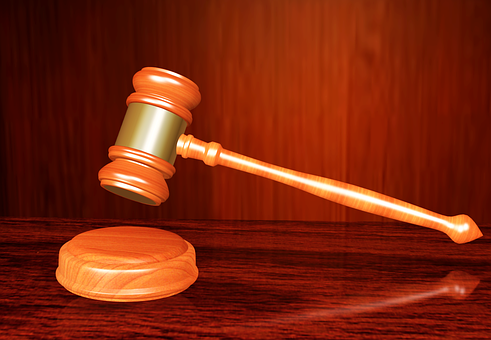The Court of Appeal of Aix-en-Provence has just lifted a first-instance decision rejecting the claim of the creditor under Article L.441-10 II of the French Commercial Code. Once again, Inkasso costs decided to grant the creditor compensation equal to his adviser’s fees, which was justified by the notification of the fee agreement.
Our readers know our litigation in favour of professional creditors, so they will be fully reimbursed for the costs of recovering their debts.
We demand nothing more than the application of the provisions of Article L.441-10 II of the Commercial Code (formerly L 441-6, paragraph 8), which some judges – now a minority – do not take into account. The commented judgment debt collection costs confirmed that this resistance is unjustified.
A professional creditor has instituted proceedings against his debtor at the TGI of Aix-en-Provence in order to obtain payment for his unpaid bills and compensation for the legal fees (fixed and performance fees) incurred in this case.
Although the Tribunal granted the creditor the main claim, it granted him only a small amount of compensation under Article 700 of the Code of Civil Procedure.
Since the debtor lodged an appeal against this decision, the creditor partly intervened in order to obtain the compensation due to him under Article L.441-10 II of the Commercial Code. He wanted to enforce a judgment debt collection costs.
The Court of Appeal of Aix-en-Provence (September 26, 2019, No. 16/19309) upheld the applicant’s claim and ruled again: “If the recovery costs are higher than the flat-rate compensation [€ 40 per unpaid bill] It provides that the creditor may claim additional compensation for the reasons given, and Company X, by submitting the fee agreement, founds that the attorneys’ fees amount to € 10,295.26 TTC and is therefore entitled to receive the payment of that amount by Company Y for the in – law costs and appeal procedure. ”
This judgment therefore consolidates the case-law according to which, as soon as the creditor justifies the costs incurred, the judge is obliged to apply Article L.441-10 II of the Commercial Code without having the power to reduce the amount charged for legal fees, which is freely determined between him and his client. It is a clear judgment debt collection costs.
In summary, it is clear from this settled case-law that the creditor’s compensation must cover all the flat-rate and successful fees of his lawyer; that it includes both the costs incurred in the first instance and the costs incurred; finally, that the claim of the creditor is justified by the mere submission of the fee agreement with his lawyer.
Is the message heard by the bad payers? We hope so!
Georges Vonfelt GEVO


